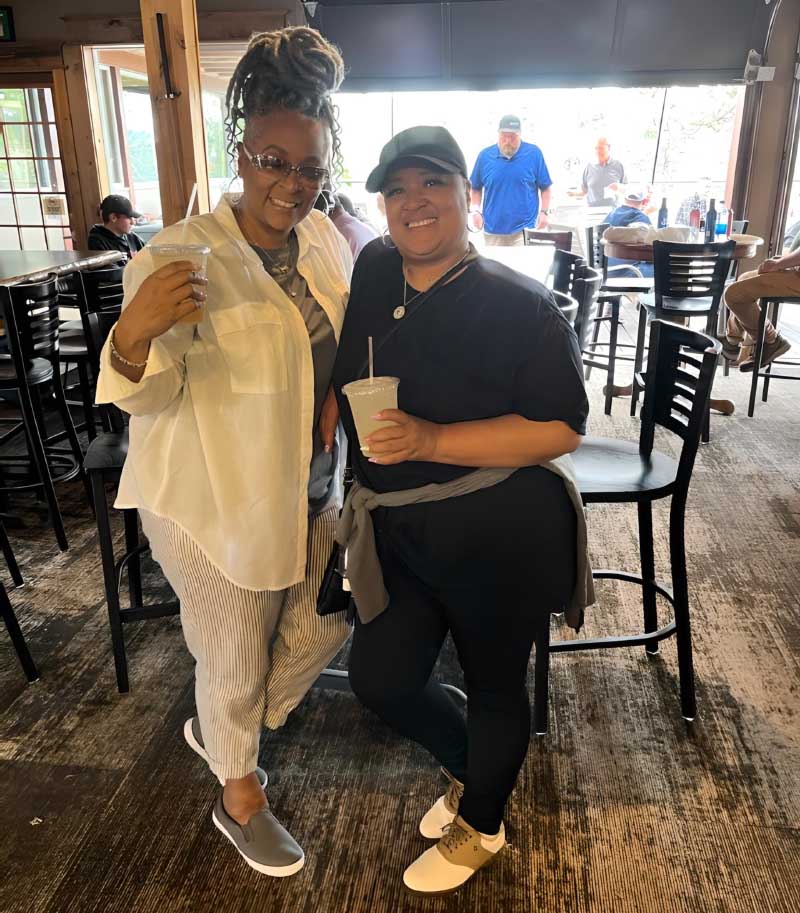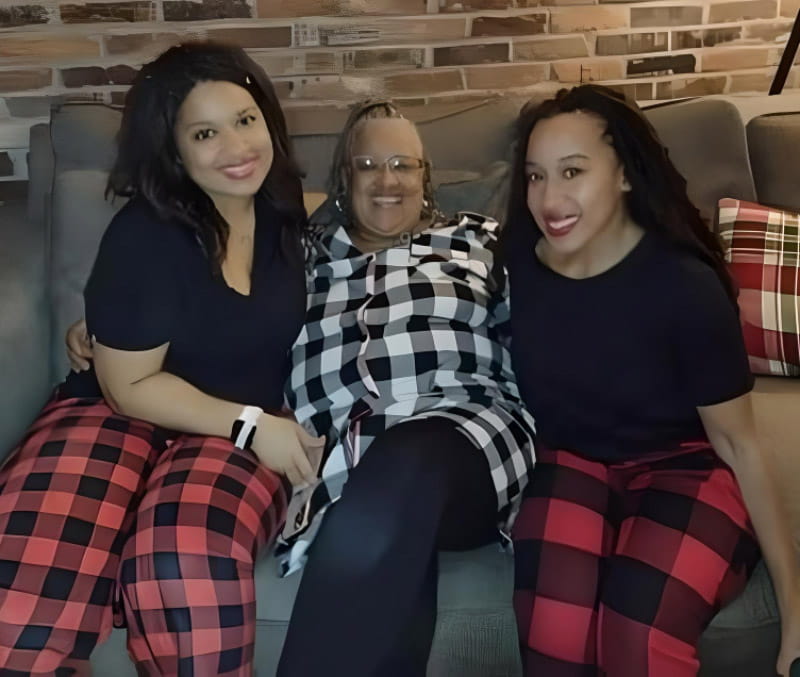'I am fighting for my heart': A seemingly mild heart murmur turned out to be much more
By Leslie Barker, American Heart Association News

Yolanda Everette-Neufville knew she had a heart murmur. How could she not know? Her mother had one, as did each of her seven siblings. Five siblings grew out of theirs. Although she and an older brother still had a murmur, it was never a cause for concern.
Not until 2017, when Everette-Neufville went to the hospital for a sinus infection.
During her evaluation, doctors heard the heart murmur and decided to do an electrocardiogram, or EKG. This is the exam using electrodes placed on the chest to create a zigzag-lined readout of the heart's electrical signals. She'd had them periodically through the years, including when she enlisted in the U.S. Navy.
For the first time, doctors found more than a murmur.
Everette-Neufville had coronary heart disease, and her heart valves had stopped growing when she was 13. But that wasn't the worst of it.
She also had aortic stenosis, a condition in which the aortic valve doesn't open well enough to allow blood to leave the heart and get to the rest of the body. She needed surgery.
"I remember getting a call: 'Your mom has to have heart surgery, and she has to have it now,'" said her younger daughter, Kirisha Marshall. "I remember praying, 'Thank God they found that.' I told my mom, 'You should be thankful. They saved your life.'"
Doctors replaced Everette-Neufville's aortic heart valve with a mechanical valve. The surgery led to several complications and excruciating pain, but Everette-Neufville dealt with everything head-on – determined not only to live a full life, but to make it as healthy as possible. She shrugs off the 19 medications she now has to take, calling them her "new normal."
"After the surgery, it took me a moment to get on track," she said. "To change how you've been for 50-something years is a little hard. It's been a process, but a process I've been achieving."
Added her daughter: "Something clicked in her head, something telling her she's not going to let this defeat her. She's become so much stronger."
The first step she took was altering her diet; the second, taking up golf so she could play with her husband, Mark.
"To have a healthy heart, you have to be active; you can't sit around," she said. "The only way to get it pumping is to get out there moving. I won't let my health dictate my life. I'm not giving in to my sickness. I refuse to let it bother me. I keep moving. I keep going."

She's cooking more at home than ever. She reads labels, which she never used to do. She's swapped out fast food for fruits and vegetables, which is helping her get her diabetes under control.
And she's making sure she follows through with appointments, including having her kidney checked every three months. One of her brothers died of kidney failure; her brother who also has a heart murmur recently had a stroke.
She's also become an advocate for her own health care, which she never felt especially compelled to do.
"I question everything doctors do," she said. "I need to know what's going on with my body."
Of Everette-Neufville's two daughters, only Marshall has a heart murmur, and she's following her mother's lead.
"The experience made me think I had to take things more seriously with myself and to monitor my health more closely," Marshall said. "I make sure I get regular checkups. I make sure the doctors take everything about my health into account. I used to get heart palpitations and asked my doctor to monitor them because of the issues my mom had."
She also exercises and eats a healthy diet. "I can't control my genetics, but I can control my lifestyle."

Marshall lives in Maryland, across the country from her mother, who lives in Spokane Valley, Washington. But she makes a point of being at her mom's doctors' appointments virtually. Their mother-daughter relationship is stronger than ever, she said, empowered by her mother's determination.
For her part, Everett-Neufville wants not only to keep her own heart healthy, but to encourage other women to follow her lead.
"We've always been taught to suck it up and we'll be OK," she said. "Women of any color don't tend to go to the doctor. We're all about caring for everybody else, everything else, and think we'll be fine. But we have to change our way of thinking: 'I have one body. What can I do with this one body?'"
She has become, she said, a heart warrior.
"I will fight tooth and nail to keep my heart healthy. I am fighting for my heart."
Stories From the Heart chronicles the inspiring journeys of heart disease and stroke survivors, caregivers and advocates.





